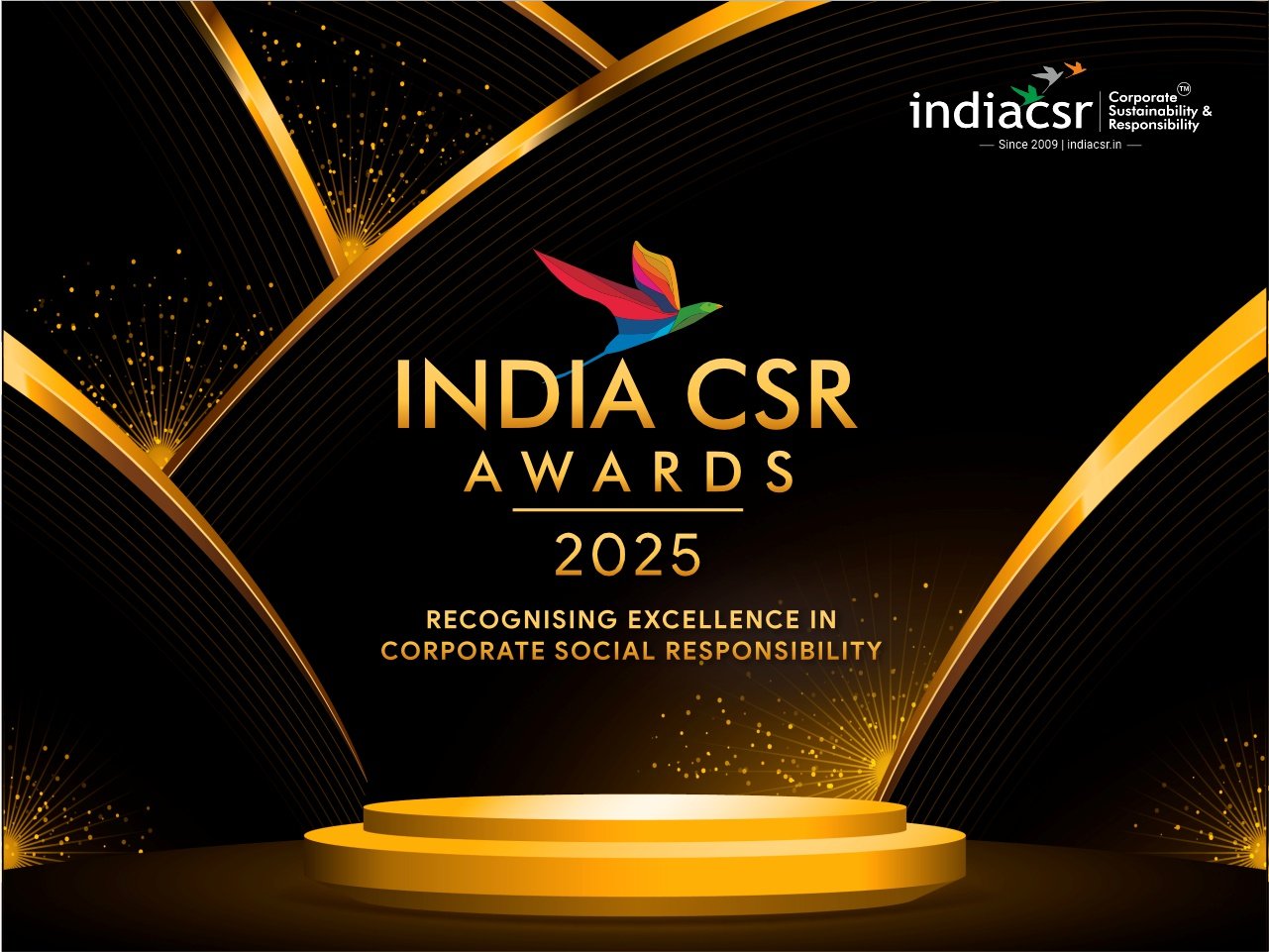The casino industry in India has seen rapid growth in recent years, bringing both economic benefits and ethical challenges. As stakeholders, we must consider the social responsibilities that come with this expansion. Corporate Social Responsibility (CSR) isn’t just a buzzword; it’s a crucial aspect of sustainable business practices.
In this article, we’ll explore how digital entertainment in India is evolving to meet ethical standards and social responsibilities. From ensuring fair user experiences to supporting local communities, these efforts enhance the industry’s reputation and contribute to its long-term success. The psychology behind why people love playing online games offers fascinating insights into user engagement and motivation. Understanding these factors can help developers create more engaging, responsible content that benefits users and society. Let’s delve into how ethical considerations and psychological understanding shape the digital entertainment landscape in India, promoting positive experiences without the risks associated with gambling.
Ethical Practices in the Casino Industry: A CSR Perspective from India
Casinos in India are taking strides to adhere to ethical standards through their Corporate Social Responsibility (CSR) initiatives. The industry focuses on key areas to ensure fairness and community support.
Fair Play and Responsible Gaming
Ensuring fair play forms the core of ethical practices. Casinos implement transparent gaming procedures to maintain integrity. Regular audits and stringent regulations are followed to protect players’ interests. Platforms like bestslotshere also emphasize fair play by offering games from reputable providers and adhering to strict regulatory standards. Many establishments promote responsible gaming by setting limits and providing resources for problem gambling.
Community Engagement
Casinos engage with local communities to foster goodwill and support economic growth. By funding local projects and providing employment opportunities, these establishments contribute positively to social welfare. Educational programs and skill development workshops are often funded to uplift the underprivileged sectors.
Employee Welfare
Employee welfare stands as a significant focus under CSR initiatives. Casinos offer training programs to enhance staff skills and provide a safe working environment. Benefits like health insurance and fair wages are standard practices to ensure workforce satisfaction and stability.
Environmental Sustainability
Indian casinos are also committed to environmental sustainability. Many have adopted green building practices, waste management systems, and energy-efficient operations. Initiatives like reducing plastic use and promoting recycling underscore their commitment to environmental responsibility.
Overview of the Casino Industry in India
While nascent, India’s casino industry exhibits significant potential. We’ve seen considerable expansion influenced by economic benefits and ethical challenges.
Historical Context
Gaming in India dates back to ancient times. Traditionally, social and cultural practices dominated. Modern casinos emerged in states like Goa and Sikkim.
Current Landscape
India’s current casino landscape is vibrant. Goa, Sikkim, and Daman host the majority of legal casinos. Online gaming’s surge has also impacted market dynamics.
Understanding Corporate Social Responsibility (CSR)
Definition and Importance
Corporate Social Responsibility (CSR) encompasses a business’s efforts to positively impact society. It extends beyond legal obligations, focusing on ethical operations, environmental sustainability, community support, and employee welfare. For the casino industry in India, CSR practices ensure operations align with societal values, fostering trust and long-term sustainability.
Global vs. Local Perspectives
Casino industries worldwide approach CSR differently. Globally, CSR often emphasizes broad themes like environmental impact and global human rights. In India, the focus includes local community engagement and addressing socio-economic disparities. These local perspectives ensure that ethical practices resonate with the unique social and economic fabric of the Indian context. Understanding these variations helps design CSR strategies that are both globally informed and locally relevant.
Ethical Practices in Indian Casinos
Fair Play and Transparency
Indian casinos enforce fair play and transparency rigorously. Operators ensure games are audited by independent bodies. They strictly comply with licensing regulations to maintain credibility.
Responsible Gambling Initiatives
Casinos in India promote responsible gambling. They provide resources for problem gamblers, including counseling services and self-exclusion programs. These measures aim to prevent addiction and promote healthy gaming habits.
Employee Welfare Programs
Employee welfare is a priority for Indian casinos. They offer comprehensive benefits, including health insurance and professional development programs. These initiatives help improve worker satisfaction and productivity.
Challenges in Implementing CSR Initiatives
Regulatory Hurdles
Casinos in India face complex regulatory frameworks. States like Goa and Sikkim have distinct laws, making it hard to implement uniform CSR policies.
Societal Perceptions and Stigma
Casinos often deal with negative societal perceptions. We’ve noticed stigma around gambling, which complicates community engagement efforts essential for CSR.
Economic Pressures
Economic factors strain casinos trying CSR initiatives. High operating costs and taxes reduce funds available for ethical practices, impacting CSR implementation.
Notable Case Studies
Successful CSR Examples
Delta Corp, a leading casino operator in Goa, implements extensive community development programs. They provide educational scholarships, healthcare camps, and vocational training. Moreover, Deltin Group’s environmental sustainability projects focus on waste management and energy conservation, setting a high standard for the industry.
Lessons Learned
Effective CSR involves integrating community, employee, and environmental initiatives. Delta Corp’s success shows that investing in local communities boosts both corporate reputation and social welfare. It also highlights the importance of transparent operations and responsible gaming measures to gain public trust. Consistency and commitment are key to making a tangible impact.
Future of CSR in the Indian Casino Industry
The future of CSR in the Indian casino industry is pivotal for its sustainable growth and societal acceptance. Embracing ethical practices and aligning with global CSR standards can drive the industry’s evolution.
Emerging Trends
Digital transformation is sweeping through the casino industry, prompting new CSR approaches. Online platforms provide opportunities to promote responsible gaming. Real-time monitoring tools can identify at-risk players early, offering timely interventions. Sustainability initiatives are also advancing. Casinos invest in energy-efficient technologies, promoting a reduced carbon footprint. These trends indicate a shift towards more sustainable and socially responsible operations.
Potential Policy Changes
Policy reforms could reshape CSR in the Indian casino industry. Government agencies are exploring stricter regulations to enhance transparency and ethical conduct. Proposals include mandatory audits and regular compliance checks. Community-focused legislation is also under consideration, encouraging casinos to invest in local development projects. Such changes would reinforce the industry’s commitment to ethical practices and social responsibility.
The integration of CSR with technological advancements and supportive policies promises a responsible and sustainable future for the Indian casino industry. Engaging with these evolving trends and potential policy shifts ensures the industry contributes positively to society.
Conclusion
As we reflect on the ethical practices in the Indian casino industry, it’s clear that CSR plays a pivotal role in shaping a responsible and sustainable future. By prioritizing fair play, responsible gaming, and community engagement, casinos can build trust and foster positive relationships with stakeholders.
The case of Delta Corp in Goa exemplifies how effective CSR initiatives can benefit both the business and the community. However, navigating regulatory complexities and shifting societal perceptions remains a challenge.
Looking forward, embracing digital transformation and sustainability initiatives will be key. With potential policy changes on the horizon, the industry must adapt to enhance transparency and maintain ethical conduct. By doing so, we can ensure that the Indian casino industry not only thrives but does so responsibly.
























